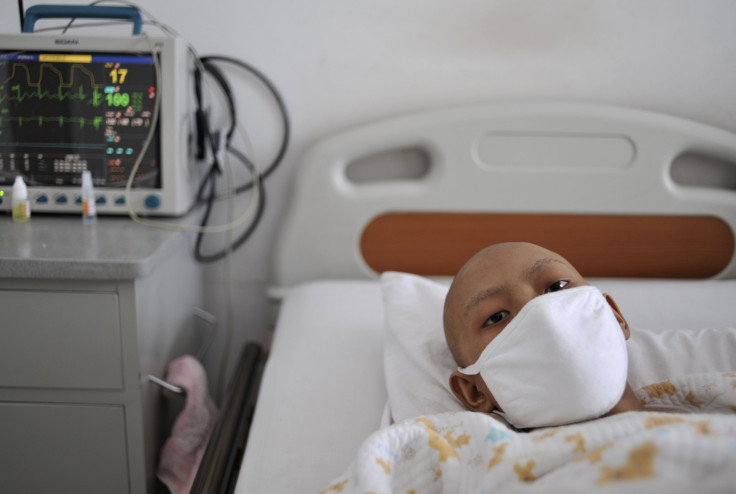Cancer cure now in sight with promising malaria vaccine

Scientists from the University of Copenhagen, Denmark, in collaboration with the University of British Columbia, Canada, have made an unexpected breakthrough in cancer research. Ali Salanti, malaria researcher at KU, and Mads Daugaard, cancer researcher at UBC, chanced upon what appears to be a powerful weapon against cancer while exploring effective malaria vaccine for pregnant women
“In popular terms, armed malaria proteins can kill cancer,” says a KU press release. “The carbohydrate that the malaria parasite attaches itself to in the placenta in pregnant women is identical to a carbohydrate found in cancer cells.” The researchers are positive that tests on humans can be conducted in four years.
In the research laboratory, scientists synthesised the protein that adheres the malaria parasite to the placenta, and added a toxin. This resulted in a powerful combination that effectively tracks down cancer cells, gets absorbed, and with the release of toxins inside, causes the cancer cells to die. The process was observed in mice with cancer and in cell structures, The Local reports.
“We examined the carbohydrate’s function. In the placenta, it helps ensure fast growth. Our experiments showed that it was the same in cancer tumours. We combined the malaria parasite with cancer cells and the parasite reacted to the cancer cells as if they were a placenta and attached itself,” Salanti explains in the press release.
VAR2pharmaceuticals is a biotech company created by the University of Copenhagen in collaboration with the research scientists to further the clinical development.
“The biggest questions are whether it’ll work in the human body, and if the human body can tolerate the doses needed without developing side effects,” says Salanti. “We’re optimistic because the protein appears to only attach itself to a carbohydrate that is only found in the placenta and in cancer tumors in humans.”
The research has been featured in the journal, "Cancer Cell".
Contact the writer at feedback@ibtimes.com.au, or let us know what you think below





















